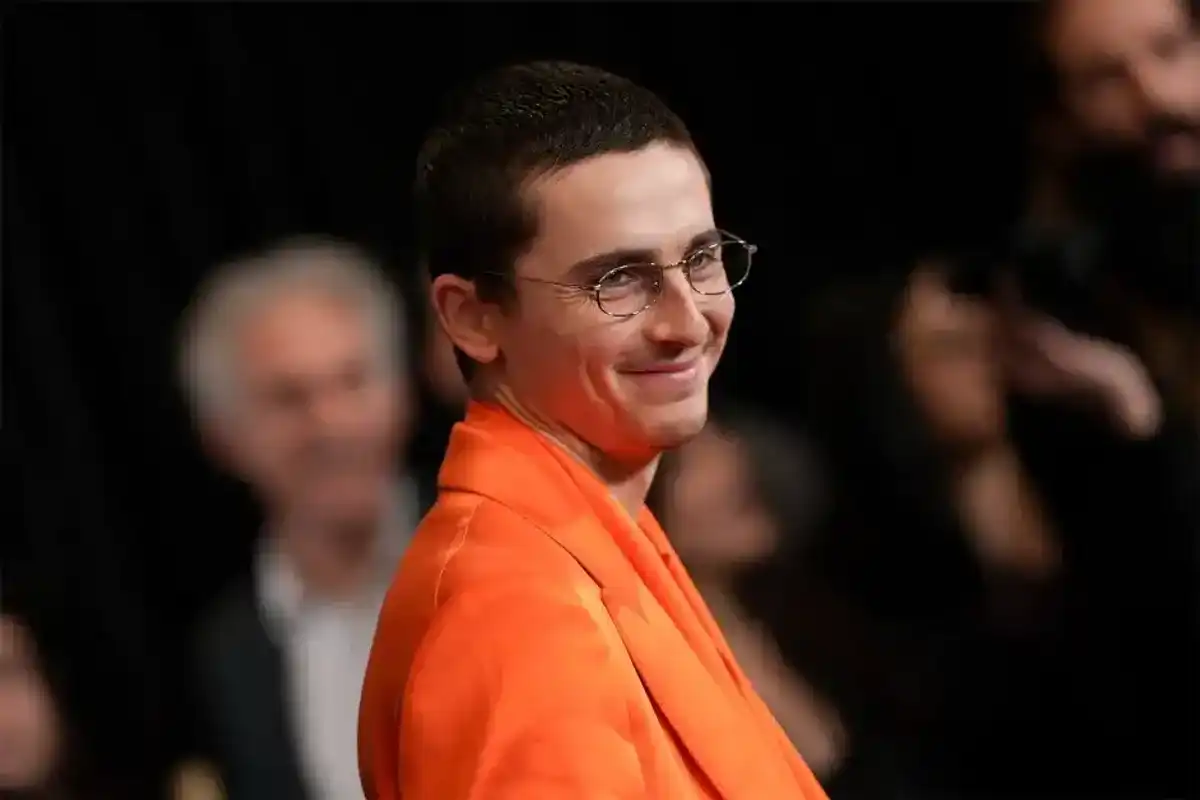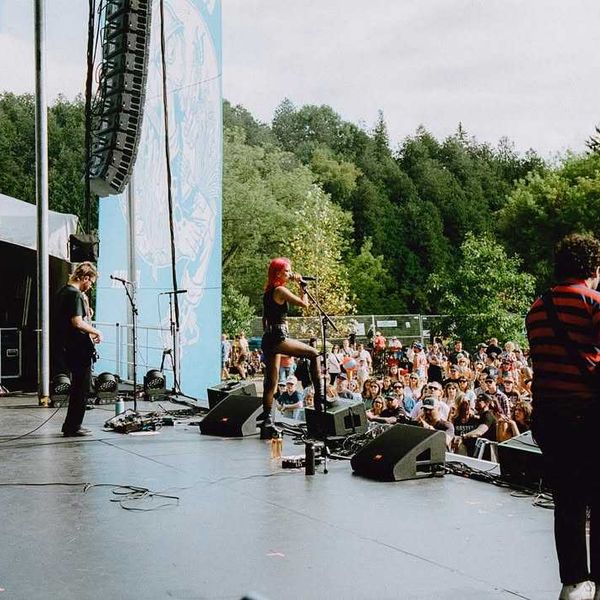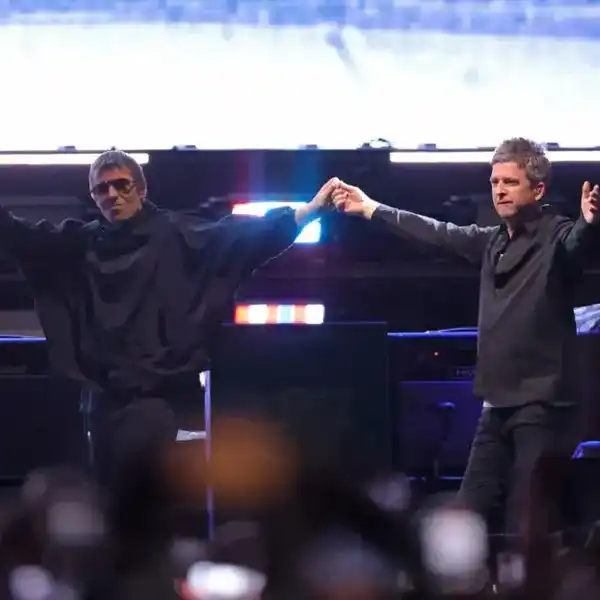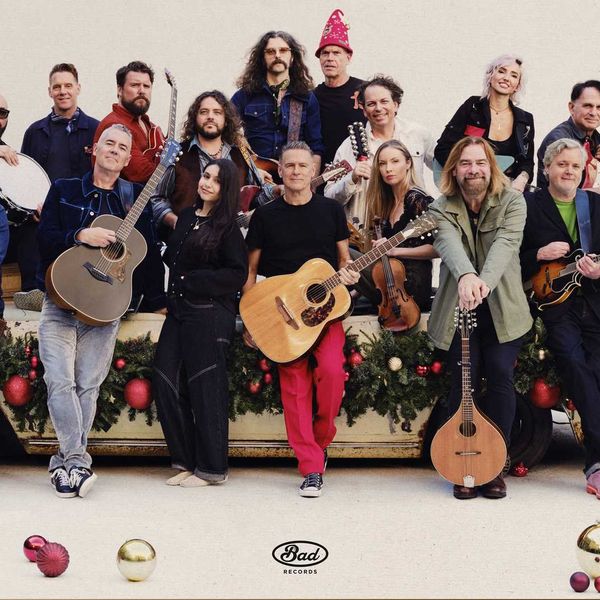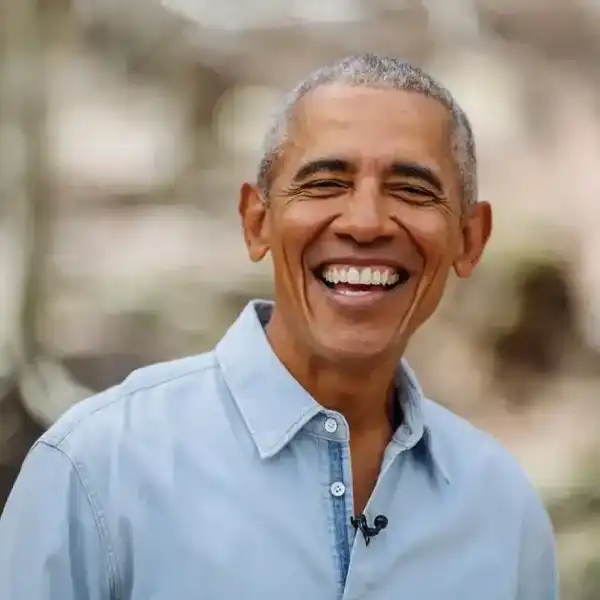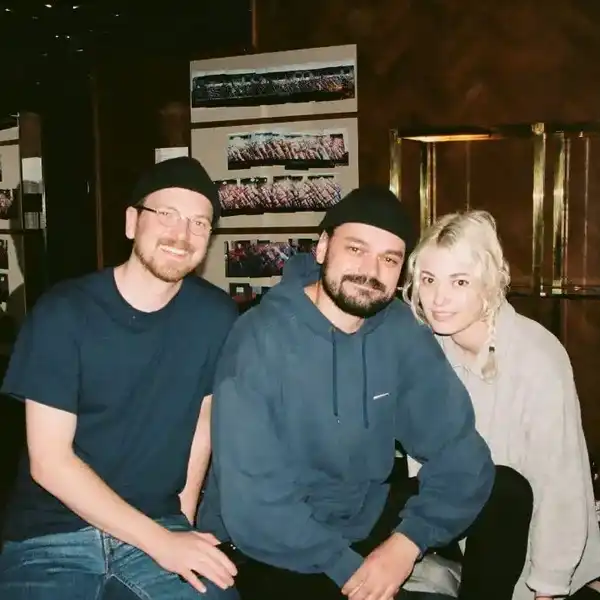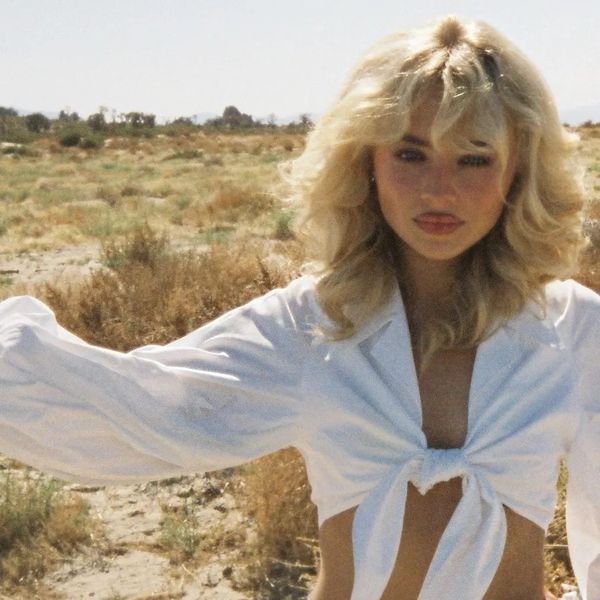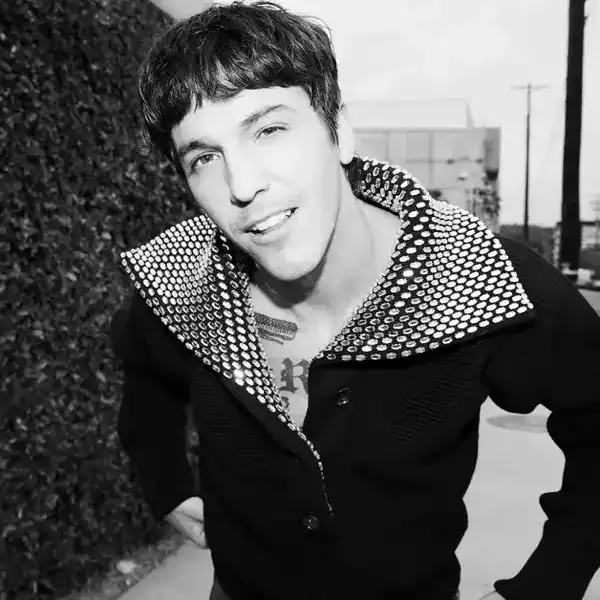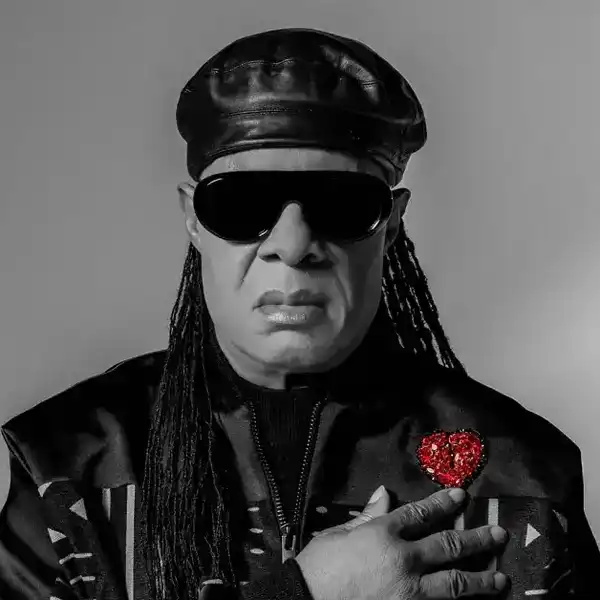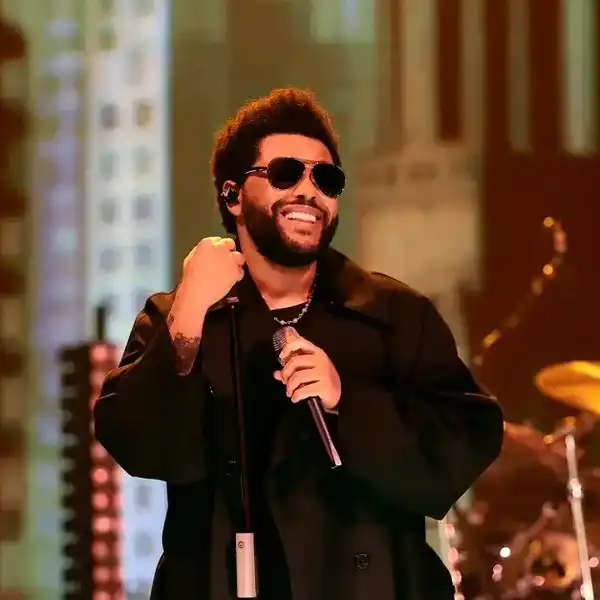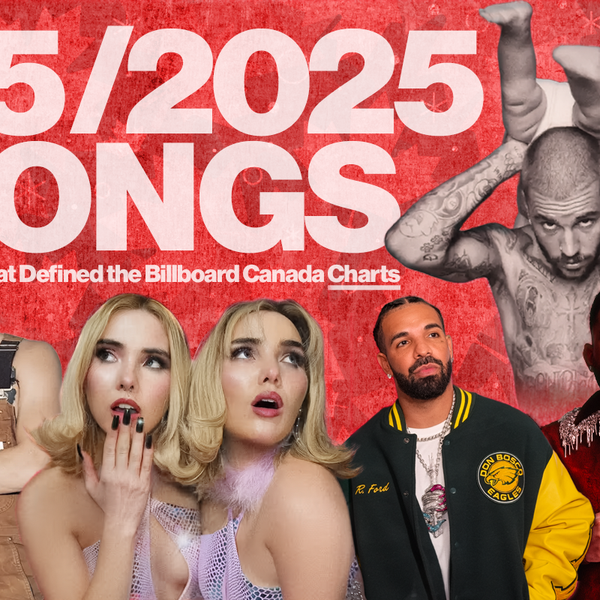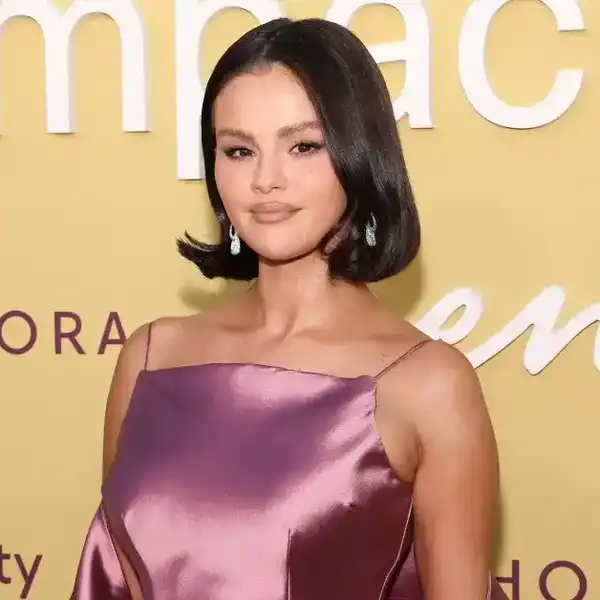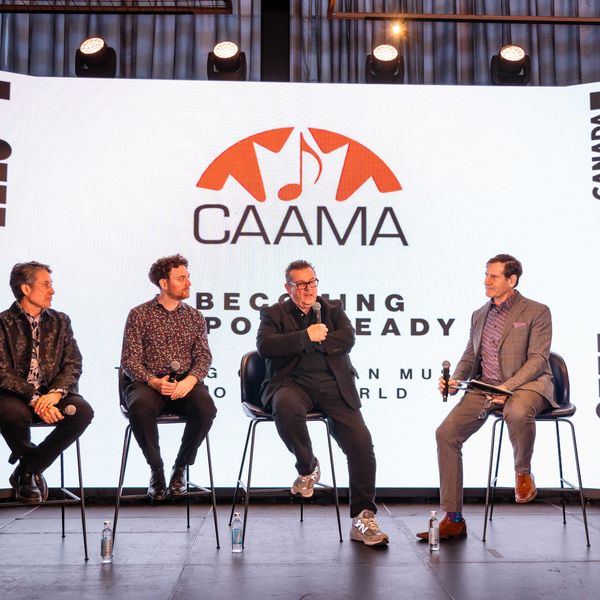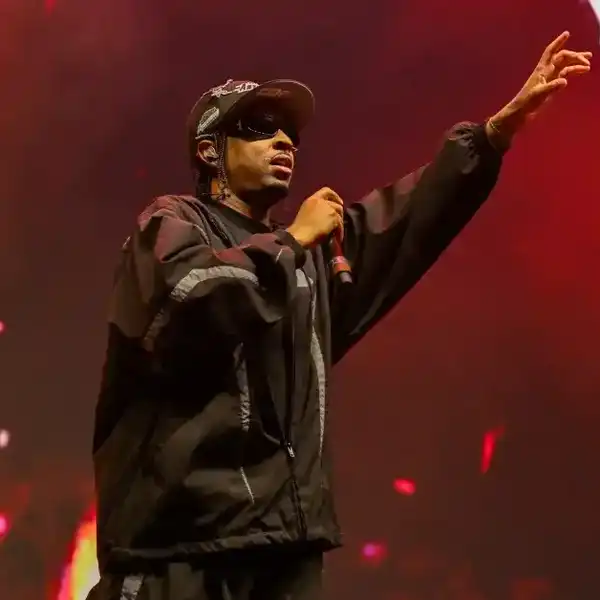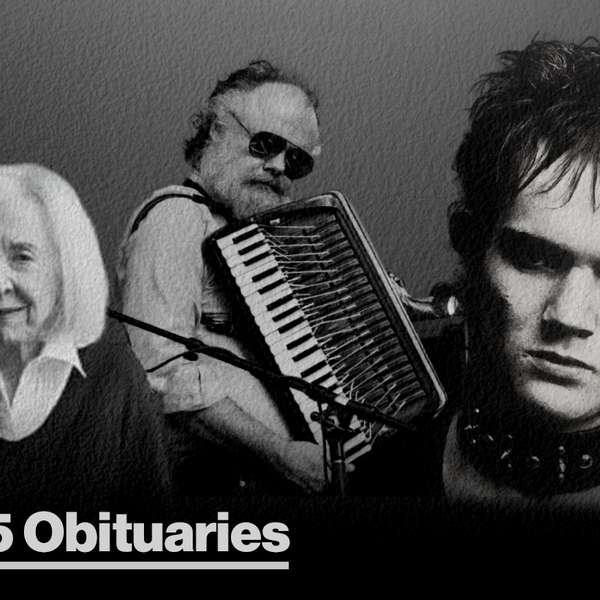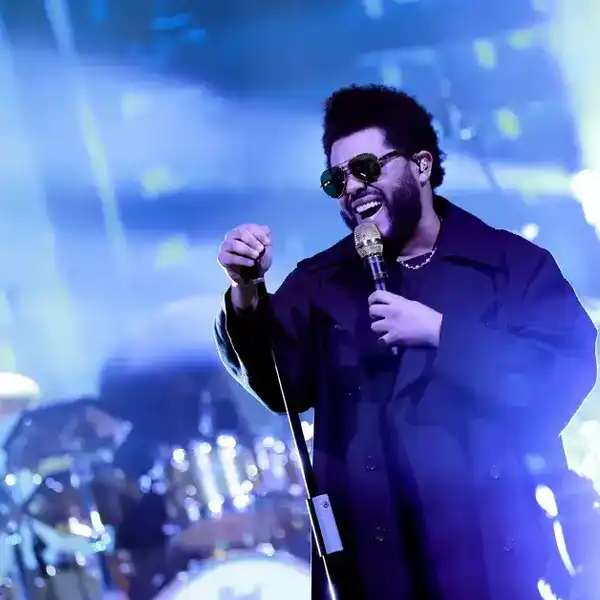Bob Johnston Meets Kearney, King & McBride
David Farrell calls, “Have you made any headway with Jann Wenner, publisher of Rolling Stone Magazine?” Wenner has a memoir circulating, Like a Rolling Stone, that documents the r

By Bill King
David Farrell calls, “Have you made any headway with Jann Wenner, publisher of Rolling Stone Magazine?” Wenner has a memoir circulating, Like a Rolling Stone, that documents the rise, pause and continuing popularity of the made-for-music and pop culture magazine. The answer, ‘No! 'Wenner recently hung with Howard Stern and a few other notable media outlets, but not in Canada. No evidence yet. I reminded David I’m on a writing binge for no reason other than I love to write. Thus, a look back at my brief yet fascinating romp with iconic rock producer Bob Johnston. A producer whose recordings filled the pages of Rolling Stone.
On few occasions in my life have I encountered individuals with charisma more prominent than the doorways they walk through. Johnston was one such gold reserve of motivation and chaos. So, let’s begin with a feel for the man, his resentments, over-the-top personality, and absolute dedication to whoever he sides with.
It’s The Nashville Songwriter’s Association International. Sound Seventy Productions, Joe Sullivan is about to be honoured or persuaded to speak, and Chris Kearney, Danny McBride, and myself—Kearney, King & McBride--- are invited along by Bob. Joe apprises us—this is a Nashville thing. Although we’ve signed on with Sound Seventy, we haven’t arrived at a place where we have any purpose in the actions, so watch, meet and enjoy. For Johnston, it was about settling scores. Johnston felt certain facets of the business ran him out of Nashville when he was chief of Columbia Records Nashville. Here’s how I remember those conversations.
Johnston spoke with a sing-song delivery in tone, a laughing Texas drawl.
“When I arrived in Nashville and recorded Dylan’s Nashville Skyline, I requested the drummer on the session to get rid of the fucking wallet from the snare drum. He protested and insisted that’s the way we do it in Nashville. I told him I was here, and there was a new way of doing things, mine. He ignored me, so I ripped the wallet, tape, or bandage, whatever you called, and threw it across the room.
I asked the set-up engineer to install a microphone up high and raise it above the players. I wanted the ambient sound to mix in. He ignored. I forced him off the session and put it up myself.
I told the label I was taking Johnny Cash to Folsom Prison to record an album, and they said no, you’re not. I ignored them. Every step of the way, old Nashville shit on me.” Johnston doesn’t forget. “Watch me now.”
The room is packed with the greatest songwriters of a generation, Michael Murphy and John Prine approach—Prine invites us to a classic chilli lunch down on his farm. Bob accepts.
As the entrances fill, old Nashville moves by to shake Bob’s hand and do the meet-and-greet thing. One after another, he avoids—peers through them. A few suggest he bury the past and get with the times. Johnston eyeballs them like a slice-and-dice machine. It was disconcerting. As if they weren’t there yet, exacting revenge just being in his presence. Finally, he looks at me and smiles, “Fuck them, fuck them all.” So goes the night!
Bob dashed us around Nashville and protected us like a newborn flock. Drinking holes, events, then the Grand Ole Opry.
Johnny Cash is in town rehearsing a potential television pilot, the Women of Nashville Salute Mr. Cash. Bob makes a call, and we are in.
Cash loved Bob, - a love fest when they spot each other. Bob introduces Cash to Danny and me, and the guy was over-the-top kind and warm. I think this is the moment McBride collapsed. It’s the Mandrell Sisters, Loretta Lynn and Emmylou Harris. Bob points out Minnie Pearl and says, ‘steer clear of her, she calls the shots around here, and it’s rarely pretty.” Pearl drifts over and greets Bob. Nothing friendly, more—look who’s here, then turn her attention to Emmylou Harris. “Why is the girl all dressed up like a hippie? Why can’t they do something with that hair? Get it cut.” Ooooh—I got the drift.
If I recall, there are forty great singers on stage, and Cash opens the show by diving through a blazing ring of fire. Once through, the women do this deferential bow—like some low-budget jungle movie. Bob says, “This stuff is embarrassing; they are the greatest women on earth; let’s get out of here and look at the new renovations—the Opry motel connected.” Down we walk the hallways, where the questionable greet us dressed as cowgirls. You’ve got to be kidding. In fancy boots and cowgirl outfits, young and starved for money. Bob says, “Let’s go find Willie. This is weird.”
A day or so in, we audition players for the recording. KK&M was in the Eagles, Michael McDonald vein, country, and blues rock, not straight-up Porter Wagoner. The players couldn’t catch the vibe, so it’s suggested we record the album in Hollywood. Next phase.
I knew little of Johnston’s backstory when he was brought in to catch the band at the El Mocambo. The Good Brothers had a hand hooking us up with a record promoter in Buffalo—Jerry Meyers, and through circumstance, Johnston was included in the mix. We’d cut a fine demo at Manta Sound, and all was well.
The Elmo gig was great. The band was solid—Bernie LaBarge and Danny McBride, the Allman Brothers frontline, duelling guitars, the handsome folk styling of Chris Kearney in the middle—Kevan McKenzie, Paul DeLong and Jim Vallance alternating on drums in various stages. On this occasion, the band was smoking hot. Four-part harmonies, tight interplay, and solid bottom. Johnston loved the band and jumped in our corner.
Below, in the dressing room, Johnston explained a bit of himself. Three Leonard Cohen albums, two Simon and Garfunkel, Johnny Cash, and Bob Dylan. Holy living fuck? The man had a big personality. I was Big Bill from the moment we shook hands who got that big Texan handshake from a music titan.
In the weeks following, I explored more of Johnston’s past. Nashville Skyline, Highway 61 Revisited, Blonde on Blonde, John Wesley Harding, Self Portrait, Bob Dylan -Songs from the Room, Leonard Cohen, Songs of Love and Hate—Sounds of Silence, Parsley, Sage, Rosemary and Thyme - Simon & Garfunkel, Tracy Nelson—Tracy Nelson, Dan Hicks and his Hot Licks, Hoyt Axton, New Riders of the Purple Sage. Joe Ely, Down on the Drag, Michael Murphy’s Geronimo’s Cadillac, Johnny Cash at Folsom Prison, and many others ring in memory. I asked myself, what would this guy want from us? How much input into arrangements? What about the songs?
Before the journey, Johnston would occasionally call and give a pep talk. That reinforcement thing. I immediately loved this man.
Down in Nashville, Johnston was all Texan. He opens the trunk of his rental and fetches an ounce of weed, $10,000 in cash for the coming sessions, a gun and a sheriff’s badge. “You won’t believe what a ‘get out of jail’ card this badge is anywhere in America,” he says. The guy walked on hallowed ground. I needed to rent a pair of those shoes.
“Hey boys, let’s go to Prine’s farm. This should be good fun; besides, you can show off some of your songs,” he says.
Down on Prine’s farm, the energy was of a large family and collection of nearby friends, elite Nashville songwriters, pickers, and a few corporate types. Prine was fixated on the huge vat of chilli. “I can justly say there’s no better chilli to find in this region,” brags Prine. Those within ear distance taunt him. Meanwhile, Bob is all smiles and good manners. The joints pass, and the living room grows fragrant from the savory aroma of top-grade pot.
Bob comes near. “I’m going to ask you to play that song you haven’t finished. I want the room to hear those chords. I’ll sing the theme. I’ll Come for You?” I nod. Bob introduces his new project as the bowls pass and beers find partners. “Go over there and sit at the piano,” he says. In the distance, an old upright front of a chafing wall. “Play, just play—they’ll hear.” I start the chord sequence, and Bob cuts in, “I’ll Come for You.” I finish the pattern. “Play that again, “It’s so beautiful.” I play repeatedly; he sings, “I’ll Come for You. Then grins.”
At that instant, a woman arrives, “Can I get you, boys, another bowl?” End of the moment. I was relieved. It felt like one of those church gatherings at the house when dads would say – “Boys, why don’t you play some of that jazz.” Bob then said, “we can’t stay long; they’ll be at this all night, gotta go.”
Cherokee Studios – Hollywood.
With Bob in the room, I expected direction. “What song are you starting with?” he asks." As of this moment, I can’t recall. I knew this would not be a triad and dominant 7th recording. We played sweet chords—major 7ths and 9ths.
“You know Dylan played essentially out of tune and drove the players nuts,” says Johnston. "You guys are polished pros. But Dylan recognized where the magic lay. He felt his way through the sessions." I understood what he was imparting. We were well-rehearsed and greased, still not savvy with structuring a hit single—which all involved were wishing for. We weren’t raw to the bone pickers, folk stylists, or vagabond songwriters with a hobo line of rail-jumping stories to tell. We were an ever-evolving bar band bouncing from one club to the other.
Bob had the greatest songwriters of the generation to huddle with—Dylan, Cohen, Simon & Garfunkel, Johnny Cash—holy crap. But we weren’t that deep or poetic. “Dylan knew tempo, feel and when a song was done, even if it sounded unfinished. Mistakes don’t ruin a record,” says Bob.
Johnston understood our songs and loved Kearney’s Little Dancer along with the record company. We loathed it. So, like dumbasses, we neglected. Bob went along. Every musician for the Hollywood sessions, Bob let us pick. For us, simply the best. Lee Ritenour, Abraham Laboriel, Albert Lee, Jay Graydon, Andy Newmark, Mike Baird, Paulinho da Costa. The best recording engineer (Jeremy Smith), Cherokee Studios—rooms at the Sunset Marquis.
I immediately understood how Bob produced. He remained out of the way. Never tampered with the creative. On the contrary, he was a cheerleader, the common enemy of the corporate types. The record executives, the money drivers, and the suits. He pontificated whenever feasible. “These people are bloodsuckers. They don’t know music; they just get in the way.” I had no sense this would become a daily ministerial strategy.
“Leonard was my guy. The women loved him. I loved him. I loved being around him. He was swimming in beauty. Whatever Leonard wanted; Leonard easily got. He was a complicated man, but the two of us clicked. I realized I was there to make it happen, not tell, or insist on anything. He was the genius, not me. I was there to make sure Leonard got what he wanted from the sessions, not what the clueless called for.”
“I wrote for Elvis, and most don’t know this. You met my wife, Joy. She was contracted to write for those terrible Elvis films between 1964 and 1968. Elvis took credit, but I wrote those songs—16 in total. Elvis was crazy and had no concentration powers. Joy baby sat him. This was when he was shooting at televisions.”
When the sessions would bog down, Bob rode it out. Then, when we’d be at the microphone, he’d stand next to us and push not so much for a better vocal but for one that had authenticity. Something now. Something that resonated and felt real. We welcomed the attention and I’m beside you support.
Bob was a heavy weed smoker. The cocaine shit pissed him off. I said little about it other than it ruined many relationships, and bands and destroyed families. I didn’t want it in the studio. Bob liked the heavy-scented stuff. Skunk weed! Me too. I thought.
The Doobie Brothers' Skunk Baxter drops by and got roped in and played on my song Come and Get My Love. “Do you have a song in C?” I don’t recall how this happened, but he was fun and a Hollywood trip. Bob’s low on herbs, so Skunk arranges an excursion to a hillside pot farm. I’m entirely in for the adventure.
We arrive high above in the hills, looking down on Hollywood through winding roads and tree-lined lanes. Behind a high-fenced ranch-style house, several herbal Christmas trees, all decorated with what look like centrefold ornaments from a primo issue of High Times. Big, bold, and daring buds.
The proprietor walks us down a short path to a shed and removes a few weathered blankets exposing what looks like a pirate’s chest, possibly loaded with doubloons from a sunken Spanish vessel. Inside thirty-three mason jars, each filled with a different strain of skunk weed.
Bob turns scientist. “Let’s experiment.” The proprietor says, “You’ve got to get past the first one. Joint #1 rolls around. Two puffs, my eyeballs roll back of my head. Wham! I’m severely stoned. Overwhelmed. I slip outside to catch my breath. The mind starts arguing with me. The heart-thumping an offbeat rhythm. I’m begging Jesus, “Please, I don’t want to go today. Can’t we bet this record done first?”
I exit, walk the pathway back to the road and sit on the curb, and begin amusing myself by tossing pebbles at gaps in the road. Then, from nowhere, a stray dog saunters up and gives me one of those—you look fucked up looks. I confess, and he quietly accepts. Now it’s the two of us staring at the road. Then a young boy arrives on a short bike. “Mister, are you good?” Am I good? What does he mean? The mind is scrambled. “This is my dog, Denver, and he likes you. What are you doing?” I paused. “Thinking! Thinking about your dog and waiting for my friends.” He spins the bike opposite of me. “We got to go, come on, Denver.”
I’m now without an audience and counting the moments until Bob returns when I hear, “Bill, come here for a moment.” I’m barely out of the fear coma. “You’ve got to try this. This is bud #3.” Fuck me!
Danny and I love to draw. We’d draw insane cartoons between Al Capp and Don Martin of Mad Magazine styles. I spent my youth trying to master those Martin cartoons.
We bought a huge sketch pad, and some felt pens and drew throughout the six weeks stationed at Cherokee Studios. That pad lived on the console. Most of what we penned was harmless - poked fun at each other, yet well crafted. Then, Bob went full-blown brain hemorrhaging Ralph Steadman. Rough, dark, and evil, blood-curling strokes. He’d then laugh. I used to wonder, was something demonic roaming in that skull kicking the walls to get out? Bob would take his frustrations out on that pad as the weeks laboured on. I’m not digging into the driftwood that floated about the premises, the hangers-on, or bad influences. Bob had been through every imaginable studio meltdown. He knew the game.
Burton Cummings was recording a solo project down the corridor and would sometimes drop by and in another studio, Nils Lofgren. Nils came by and asked Bob and me to hear a mix that was frustrating him. That we did. He then asked for our opinions. I had one. “The snare drum is getting lost in the mix. Fatten up and maybe add some top end.” Bob looks at me and says, “yes.” Moments later, Lofgren returns. “Thanks, guys, that was it.” That was when I knew I could be that guy who got paid the big bucks to say, “raise the bass in the mix.”
The album is done, and the hated record execs drop by for a listen. We get shoved aside. Not a smile or emotion. As playback ends, number one suit looks over and says, “Where’s Little Dancer?” We didn’t have an answer; we didn’t even record. “I don’t hear any hits. Where’s Little Dancer?” Fuck, there goes the honeymoon. Bob covered for us, and the mobster lookalikes exited.
Bob says, “We can’t stay any longer; the budget is almost wiped out, but we’ve got to get this done or they will shelve the recording.” I tell Bob there’s a great young engineer in Hamilton who has a studio. We can do it there. Bob buys in.
On the ride to Hamilton, Bob’s blowing a spliff and asking me, “Where the fuck are we going? Will we run out of highway?” I assure you, the guy he’s about to meet is crazy good.
Grant Avenue.
Bob meets Daniel Lanois and hits it off. Daniel hooks up two twenty-four tracks and proceeds. Moments in, Bob calls me aside. “The fucker is amazing. He runs both machines by himself. Everything sounds fantastic.” At the end of the session, Bob tells Danny, “You belong in Hollywood. They can’t touch you. You do the work of two engineers, only better than anyone I know.”
Bob knew talent. He knew how to get the most from it. He cheered you on, massaged egos, spoke up for the project and stayed true to the artist. It was whatever the artist wanted. If it succeeded, it was on you. If it failed, it was on you.
The China record arrived, and Sound Seventy was in talks about signing the band to a management contract. They put us on the Volunteer Jam as a watch-and-see moment. We had Charlie Daniels in our corner. Dobie Gray, even Chip Carter. Bob tells us. “Negotiate in good faith. Tell them you want to be the opening act for Charlie or Wet Willie. And ask for $100,000 in tour support. If they bite, they are serious - if they pass, they only want to fleece Epic Records. Never trust the suits.” He was spot on!
Bob and I talked off and on after the project. He found less and less work. He wore a sign on his back—beware. Yet by 1996, he did Link in the Chain for Pete Seeger, 1988, The Waterboys' The IRS Tapes: Who’ll Buy My Memory, Carl Perkins—Go Cat Go! In 1996—Eron Falbo in 2013 and Hector Ward and The Big Time: The Evolution: Live at the Saxon Pub in 2016.
Bob passed away in a memory facility and hospice in Nashville in 2015. Joy—2017.
Danny, Chris, and I got the big spend project. The Hollywood red carpet recording at $150,000. Few bands will ever have a Bob Johnston in their lives. Someone who sat behind the recording console for Dylan, Leonard Cohen, Johnny Cash, Simon & Garfunkel, much the same as us. For Christ’s sake, I’m getting shivers again.
Is that Rolling Stone calling?

